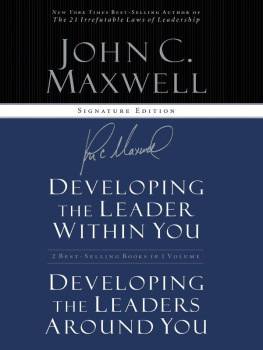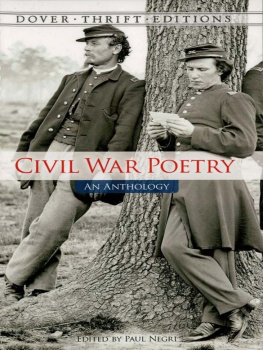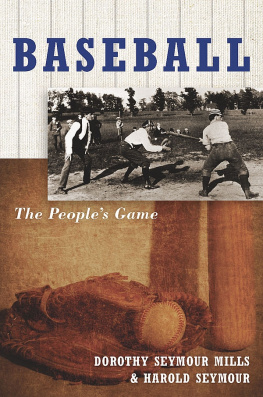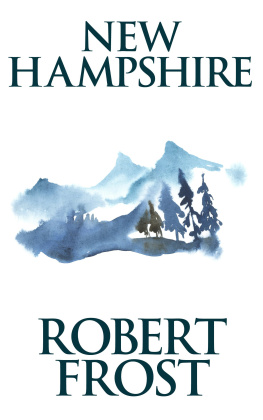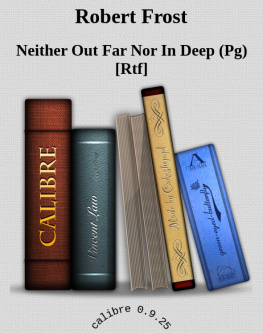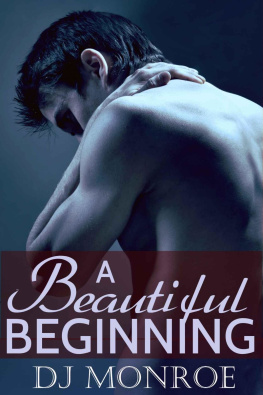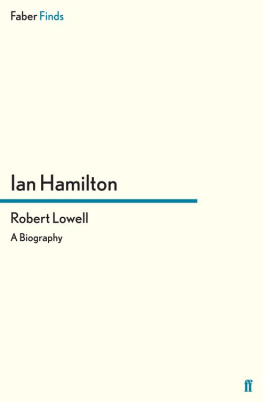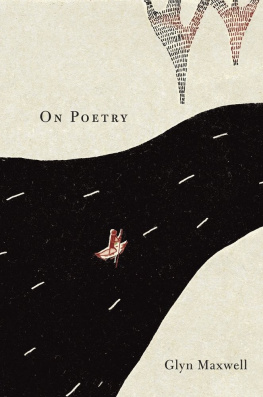Maxwell - F.B. Eyes
Here you can read online Maxwell - F.B. Eyes full text of the book (entire story) in english for free. Download pdf and epub, get meaning, cover and reviews about this ebook. year: 2014, publisher: Princeton University Press, genre: Art. Description of the work, (preface) as well as reviews are available. Best literature library LitArk.com created for fans of good reading and offers a wide selection of genres:
Romance novel
Science fiction
Adventure
Detective
Science
History
Home and family
Prose
Art
Politics
Computer
Non-fiction
Religion
Business
Children
Humor
Choose a favorite category and find really read worthwhile books. Enjoy immersion in the world of imagination, feel the emotions of the characters or learn something new for yourself, make an fascinating discovery.
F.B. Eyes: summary, description and annotation
We offer to read an annotation, description, summary or preface (depends on what the author of the book "F.B. Eyes" wrote himself). If you haven't found the necessary information about the book — write in the comments, we will try to find it.
Maxwell: author's other books
Who wrote F.B. Eyes? Find out the surname, the name of the author of the book and a list of all author's works by series.
F.B. Eyes — read online for free the complete book (whole text) full work
Below is the text of the book, divided by pages. System saving the place of the last page read, allows you to conveniently read the book "F.B. Eyes" online for free, without having to search again every time where you left off. Put a bookmark, and you can go to the page where you finished reading at any time.
Font size:
Interval:
Bookmark:

F.B. Eyes
F.B. Eyes
How J. Edgar Hoovers Ghostreaders Framed African American Literature
WILLIAM J. MAXWELL
PRINCETON UNIVERSITY PRESS
Princeton and Oxford
Copyright 2015 by Princeton University Press
Published by Princeton University Press, 41 William Street, Princeton, New Jersey 08540
In the United Kingdom: Princeton University Press, 6 Oxford Street, Woodstock, Oxfordshire OX20 1TR
press.princeton.edu
Cover art James Wechsler, Freedom of Information: Paul Robeson, 3.124, 2006. Acrylic and India ink on paper, 28 x 20. Cover design by Pamela Schnitter.
All Rights Reserved
Third printing, first paperback printing, 2017
Paper ISBN: 978-0-691-17341-2
Cloth ISBN: 978-0-691-13020-0
Library of Congress Control Number: 2014933936
British Library Cataloging-in-Publication Data is available
This book has been composed in Minion Pro and Ideal Sans
Printed on acid-free paper.
Printed in the United States of America
10 9 8 7 6 5 4 3
For Dad, the Third (19322011), and Bix, the Fifth (2004)
The title of this book is inspired by Richard Wrights poem The FB Eye Blues.
That old FB eye
Tied a bell to my bed stall
Said old FB eye
Tied a bell to my bed stall
Each time I love my baby, goverment knows it all.
Woke up this morning
FB eye under my bed
Said I woke up this morning
FB eye under my bed
Told me all I dreamed last night, every word I said.
Everywhere I look, Lord
I see FB eyes
Said every place I look, Lord
I find FB eyes
Im getting sick and tired of goverment spies.
Richard Wright, The FB Eye Blues (1949)
Contents
Acknowledgments
This book was not ghostwritten. If it had been, it would not have taken so long. All the same, I have had many virtual coauthors since 2006. First among them is the FBI (the post-Hoover one, that is), which responded helpfully to scores of FOIA requests and less official questions. My thanks above all to Kirk Cromer, Dr. John F. Fox Jr., David Sobonya, and the staff of the Record/Information Dissemination Section. Other archives, academic and governmental, provided needed information and unexpected documents: the Beinecke Rare Book and Manuscript Library at Yale University; the Clemson University Special Collections Library; the Library of Congress; the Moorland-Spingarn Research Center at Howard University; the National Archives in both Washington, D.C., and College Park, Maryland; the Special Collections Department at the J. Willard Marriott Library at the University of Utah; and the home team libraries of Washington University in St. Louis and the University of Illinois, Urbana-Champaign. My visits to some of these collections were supported by two timely institutional patrons, namely, the Center for the Humanities Faculty Fellowship program at Washington University and the University Scholars program at the University of Illinois.
The good people of Princeton University Press embraced this book from the very beginning, even before the FOIA requests piled high. In particular, Ive benefited from the quick and reassuring work of Brigitta van Rheinberg, Ellen Foos, Juliana Fidler, Larissa Klein, Bob Bettendorf, Jenny Wolkowicki, and Claudia Acevedo, who deserves a fireproof raise. Two supervising editors, Hanne Winarsky and Alison MacKeen, improved my prose with inspiring blue pencils (both put the edit back in editing). My editor during the production process, Anne Savarese, graciously inherited both the tome and its author. Kathleen Kageff proved that copyediting can invigorate, while Thomas Broughton-Willetts index discovered what the book actually said. The manuscript readers chosen by the pressGeorge Hutchinson and an anonymous reader at the start, and two anonymous readers at the closeencouraged and cautioned in good measure.
Friends, coworkers, and less indulgent audiences did some editing of their own. At the University of Illinois, numerous colleagues read early drafts or made them possible, including Nina Baym, Matti Bunzl, Martin Camargo, Jed Esty, Chris Freeburg, Jim Hansen, Matt Hart, Gordon Hutner, Trish Loughran, Justine Murison, Carol Neely, Cary Nelson, Curtis Perry, Audrey Petty, Rick Powers, Cathy Prendergast, Siobhan Somerville, Mark Thompson, and David Wright. Stephanie Foote, Bob Parker, Michael Rothberg, Cristina Stanciu, and Joe Valente were (and remain) comrades-in-arms. At Washington University in St. Louis, Gerald Early and Rafia Zafar, my senior colleagues in African American literature and African American Studies, showed me the ropes while helping me finish old jobs. A new English department seamlessly welcomed my work, with special assistance from Miriam Bailin, Mary Jo Bang, Guinn Batten, Dillon Brown, Wayne Fields, Dan Grausam, Dillon Johnston, David Lawton, Joe Loewenstein, Marina MacKay, Bill McKelvy, Ed McPherson, Steven Meyer, Bob Milder, Anca Parvulescu, Carl Phillips, Vivian Pollak, Jessica Rosenfeld, Wolfram Schmidgen, and Vince Sherry. Gerald Early, Jian Leng, Barb Liebmann, Erin McGlothlin, and Elzbieta Sklodowska made my stint at the Center for the Humanities a productive one, while Iver Bernstein taught me the ways of American Culture Studies. Jean Allman, Adrienne Davis, Garrett Duncan, Andrea Friedman, Ron Himes, Ignacio Infante, Angela Miller, Shanti Parikh, Gaylyn Studlar, and Rebecca Wanzo helped me build bridges across campus, not too large a place to begin with. Paulo Loonin, Jaydee Lee, and Digital Librarian Shannon Davis skillfully built the books website, The F.B. Eyes Digital Archive, with crucial sponsorship from Joe Loewenstein, Douglas Knox, and the Humanities Digital Workshop. My graduate and undergraduate students at Wash. U.as good as advertisedreenergized me when necessary. So did Kathy Schneider, administrator and pal extraordinaire. Campuses and conferences beyond St. Louis and Urbana-Champaign asked me to present ideas and then to change them. Cheers to the organizers of sessions for the American Studies Association, the Modern Language Association, the Modernist Studies Association, and the Richard Wright Centennial Conference in Paris. I owe even more to the colleagues who invited me to deliver papers at Ohio State, Ohio University, Penn State, Smith College, Southern Illinois University, Stanford University, the University of Maryland, and the University of North Carolina.
Then there are the colleagues here and there whom I talk to less formally, but whose effects on my work are most serious. Gary Holcomb, George Hutchinson, Jim Smethurst, Alan Wald, and Mary Helen Washington have been rocks, though they may disagree with the foundations of what follows. The list of other far-flung scholars who did the book good is long. It begins with Michael Brub, Sara Blair, Melba Boyd, Jeremy Braddock, Caleb Crane, Claire Culleton, Brian Dolinar, Eve Dunbar, Brent Edwards, Barbara Foley, Danny Franken, Scott Herring, Robert Hill, Marty Hipsky, Caren Irr, Lawrence Jackson, Gene Jarrett, Benjy Kahan, Betsy Klimasmith, Aaron Lecklider, Karen Leick, Robert Levine, Eric Lott, John Lowe, Kathlene McDonald, Adam McKible, Jim Miller, Joycelyn Moody, Aldon Nielson, Evie Shockley, Amrit Singh, Michelle Stephens, Michael Thurston, Priscilla Wald, Maurice Wallace, Ken Warren, Mark Whalan, and John Young. Last and hardly least, my thanks to Professor Sonia Sanchez and to the late poet-teachers Amiri Baraka and Lorenzo Thomas, veterans of the history approached in this book who opened up poems or FBI files or more reliable lines of communication.
Members of my family, the scholars included, do not appear in the index but probably should. The Walkers and the Riegers always asked how the writing was going and accepted the answers; the Maxwell-Binders generously hosted twice-a-year mellowings in the capital of Texas. Meanwhile, at home in St. Louis, Elvis is still king, Bix makes beautiful music, and Jules remains the soul of grace and intelligence. Though it pales in comparison, the best of this book comes from them.
Next pageFont size:
Interval:
Bookmark:
Similar books «F.B. Eyes»
Look at similar books to F.B. Eyes. We have selected literature similar in name and meaning in the hope of providing readers with more options to find new, interesting, not yet read works.
Discussion, reviews of the book F.B. Eyes and just readers' own opinions. Leave your comments, write what you think about the work, its meaning or the main characters. Specify what exactly you liked and what you didn't like, and why you think so.

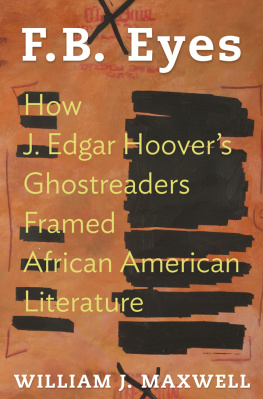
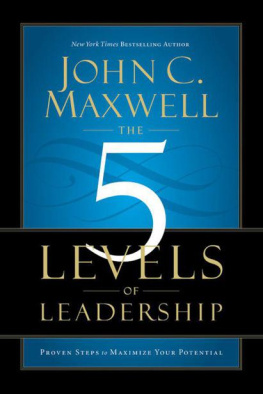

![Maxwell - The 360 [-degree] leader: developing your influence from anywhere in the organization](/uploads/posts/book/218782/thumbs/maxwell-the-360-degree-leader-developing-your.jpg)
